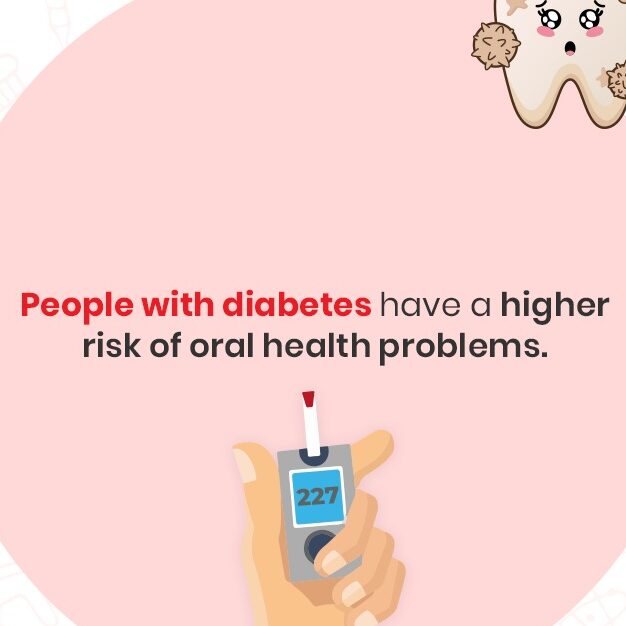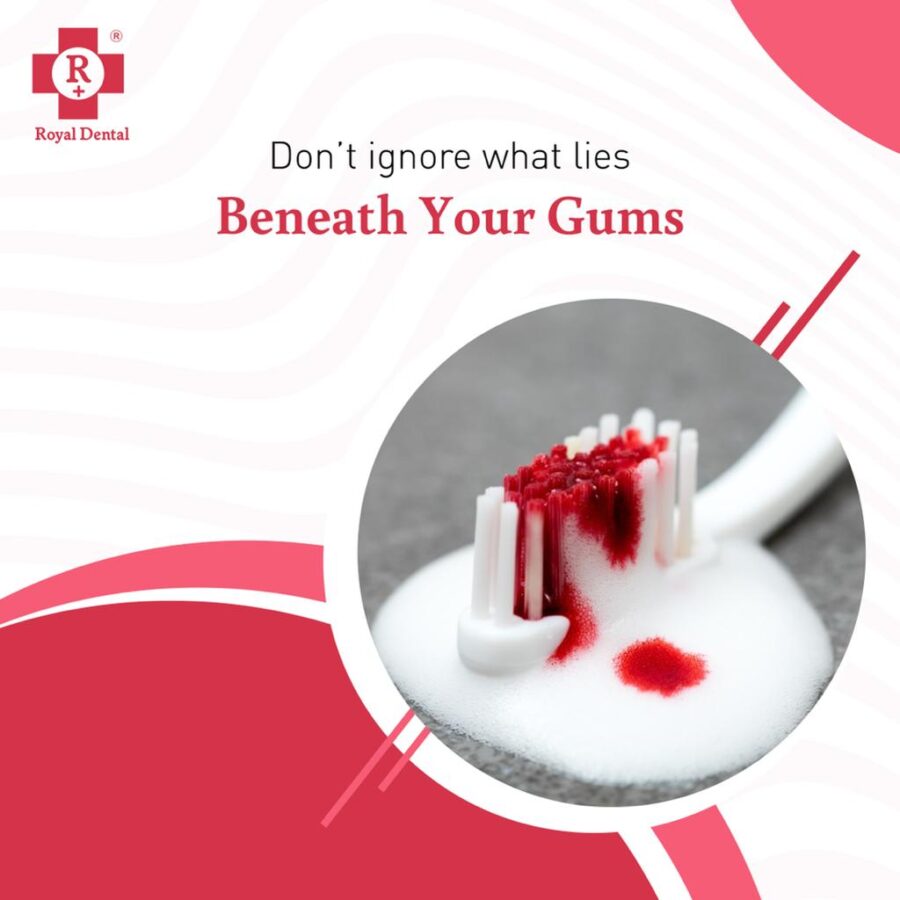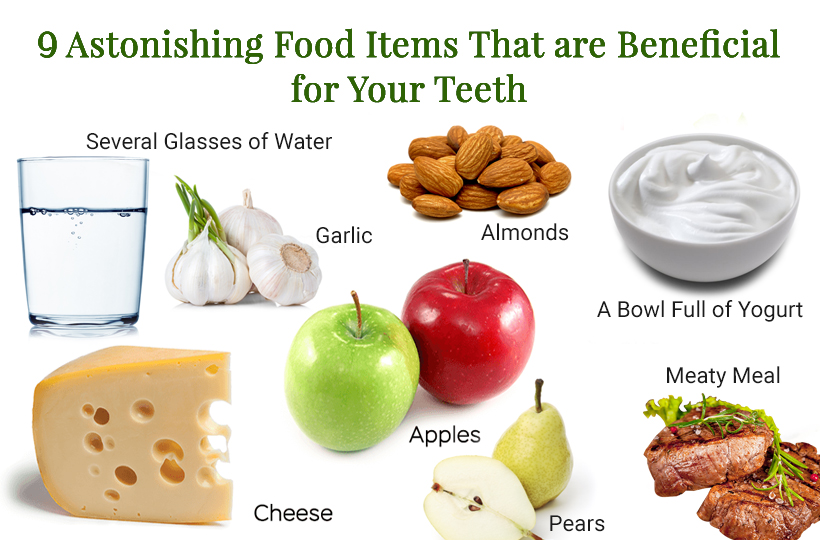Did you know that your oral health could have a significant impact on your immune system? It might come as a surprise to many, but the health of your mouth and teeth is closely interconnected with your body’s natural defense system. Research has shown that poor oral hygiene can lead to various health problems, including infections, inflammation, and even heart disease. But how does this happen? Our mouth is home to countless bacteria, some of which can be harmful if allowed to grow unchecked. When we neglect our oral health, these bacteria can multiply and cause gum inflammation, leading to a weakened immune system. This means that taking care of your teeth and gums is not only important for your oral health but also for your overall well-being.
Link between Oral health and Immune system
Oral health and the immune system are closely linked. The mouth is the gateway to the body and can provide an entry point for harmful bacteria and viruses. If the immune system is compromised, these harmful microorganisms can gain a foothold and cause a range of health problems.
Here are some ways in which oral health and the immune system are connected
Gum disease and immunity: Gum disease is caused by bacteria that build up in the mouth and can cause inflammation and infection. If the immune system is weakened, the body may not be able to fight off these harmful bacteria effectively, leading to an increased risk of gum disease. Conversely, severe gum disease can also compromise the immune system, making it more difficult for the body to fight off other infections.
Oral infections and immunity: Oral infections, such as tooth abscesses or periodontitis, can also weaken the immune system by causing chronic inflammation and increasing the body’s exposure to harmful bacteria. This can lead to a range of health problems, including cardiovascular disease and respiratory infections.

Saliva and immunity: Saliva contains enzymes and proteins that help protect the mouth and body from harmful microorganisms. When the immune system is weakened, the production and quality of saliva can be affected, making it more difficult for the body to fight off infections.
Systemic diseases and oral health: Some systemic diseases, such as diabetes and HIV/AIDS, can also affect oral health and immune function. For example, diabetes can increase the risk of gum disease and other oral infections, while HIV/AIDS can lead to oral thrush and other fungal infections.
Impact of poor Oral Hygiene on Immune system health
Poor oral hygiene can have a significant impact on the immune system, making it more difficult for the body to fight off infections and leaving individuals more susceptible to various health problems. Here are some ways in which poor oral hygiene can affect the immune system:
Increased risk of oral infections: Poor oral hygiene can lead to the buildup of plaque and bacteria in the mouth, which can cause gum disease, tooth decay, and other oral infections. These infections can weaken the immune system by increasing inflammation and exposing the body to harmful bacteria.
Systemic infections: In addition to oral infections, poor oral hygiene can also increase the risk of systemic infections, which can affect the entire body. Bacteria from the mouth can enter the bloodstream and cause infections in other parts of the body, such as the heart, lungs, and kidneys. This can lead to serious health problems and potentially life-threatening conditions.
Here are some ways in which poor oral hygiene can affect the immune system:
Compromised immune response: Chronic inflammation and infections in the mouth can also compromise the immune system’s ability to respond to other infections throughout the body. This can make it more difficult for the body to fight off other infections, leaving individuals more susceptible to illness.
Impaired saliva production: Poor oral hygiene can also affect the production and quality of saliva, which is an important component of the immune system. Saliva contains enzymes and proteins that help protect the mouth and body from harmful microorganisms. When the immune system is weakened, the production and quality of saliva can be affected, making it more difficult for the body to fight off infections.
How gum disease affect the immune system health?
Gum disease, also known as periodontal disease, is a chronic inflammatory condition that affects the gums and supporting structures of the teeth. It is caused by the buildup of plaque and bacteria on the teeth, which can lead to inflammation and infection of the gums.
Increased inflammation: Gum disease is characterized by chronic inflammation of the gums, which can lead to increased production of inflammatory cytokines and other immune system components. This can make the immune system less efficient, leading to a weakened immune response.
Impaired neutrophil function: Neutrophils are white blood cells that play an important role in fighting infections, including those caused by bacteria in the mouth. In people with gum disease, the function of neutrophils can be impaired, making it more difficult for the body to fight off infections.


Gum disease can have a significant impact on the immune system, and here are some ways in which it can affect it:
Increased susceptibility to infections: People with gum disease are at an increased risk of developing other infections, such as respiratory infections and pneumonia. This is because the bacteria that cause gum disease can enter the bloodstream and travel to other parts of the body, increasing the risk of infection.
Impaired wound healing: Gum disease can also impair wound healing, making it more difficult for the body to repair damage caused by injury or infection. This can further compromise the immune system and increase the risk of other health problems.
Role of Oral bacteria on Immune system health
Beneficial bacteria: Some oral bacteria, such as Streptococcus salivarius, are beneficial and can help support a healthy immune system. These bacteria can help prevent harmful bacteria from colonizing the mouth and can stimulate the immune system to produce protective antibodies.
Harmful bacteria: Other oral bacteria, such as Porphyromonas gingivalis and Treponema denticola, can be harmful and cause gum disease, tooth decay, and other oral infections. These bacteria can also enter the bloodstream and cause infections in other parts of the body, which can compromise the immune system and lead to a range of health problems.
Immune response to bacteria: The immune system plays an important role in responding to oral bacteria. When bacteria are present in the mouth, immune cells in the oral mucosa and saliva can recognize and respond to these microorganisms. This response can include the production of antibodies, cytokines, and other immune system components that help fight off infections.
Modulation of immune response: Oral bacteria can also modulate the immune response, both locally in the mouth and systemically throughout the body. For example, some bacteria can stimulate the immune system to produce inflammatory cytokines, which can lead to chronic inflammation and tissue damage. Other bacteria can suppress the immune response, making it more difficult for the body to fight off infections.
Connection between Oral health and Heart disease
The link between oral health and heart disease is not fully understood. But research has shown that people with gum disease are more likely to develop heart disease. This is because the bacteria in the plaque can enter the bloodstream and cause inflammation in the blood vessels. Which can increase the risk of heart disease and stroke. In addition, the inflammation in the gums can cause the blood vessels in the body to become inflamed. Which can also increase the risk of heart disease and stroke. Research has also shown that people with gum disease have higher levels of C-reactive protein (CRP) in their blood. CRP is a marker of inflammation in the body and has been linked to an increased risk of heart disease.
Tips for good Oral health to boost immune system
✦ Brush your teeth twice a day for two minutes each time. Use a soft-bristled toothbrush and fluoride toothpaste.
Floss at least once a day to remove plaque and food particles from between your teeth.
✦ Use an antiseptic mouthwash to kill bacteria and freshen your breath.

Eat a healthy diet that is rich in fruits, vegetables, and whole grains. Avoid sugary and starchy foods, which can promote the growth of harmful bacteria in the mouth.
✦ Limit your intake of alcohol and tobacco, which can increase the risk of gum disease and other health problems.
Foods that promote oral and immune health
✦ Citrus fruits are high in vitamin C. Vitamin C is important for maintaining healthy gums and boosting the immune system.
Leafy greens, which are high in vitamin K. Vitamin K help promote healthy bones and can also help prevent gum disease.
✦ Dairy products, which are high in calcium. Calcium is important for maintaining healthy teeth and bones.
Probiotic foods, such as yoghurt and kefir. Probiotics are beneficial bacteria that can help promote a healthy immune system.
✦ Green tea is high in antioxidants. Antioxidants can help protect the body against harmful free radicals and promote overall health.
Importance of regular Dental check-ups for immune health
Preventing gum disease: Regular dental check-ups can help detect early signs of gum disease. Such as gingivitis, before they progress to more serious forms of periodontal disease. By treating gum disease early, dentists can help prevent the chronic inflammation and infection that can compromise the immune system.
Removing plaque and tartar: Plaque and tartar buildup on the teeth can harbor harmful bacteria and contribute to the development of gum disease and other oral infections. Regular dental cleanings can help remove this buildup, reducing the risk of infection and inflammation in the mouth.
Detecting oral cancer: Oral cancer is a serious condition that can compromise the immune system and lead to other health problems. Regular dental check-ups can help detect early signs of oral cancer, allowing for prompt treatment and improved outcomes.
Providing education and support: Dentists can provide education and support to help patients maintain good oral hygiene practices, such as brushing and flossing regularly. And can recommend products and treatments to support a healthy mouth and immune system.
Benefits of a Healthy immune system for overall health
Reducing the risk of infections: A strong immune system can help fight off harmful bacteria, viruses, and other microorganisms that can cause infections, such as the common cold, flu, and pneumonia.
Preventing chronic inflammation: Chronic inflammation can contribute to a range of health problems, including heart disease, diabetes, and cancer. A healthy immune system can help prevent chronic inflammation by efficiently responding to harmful stimuli.
Promoting wound healing: A healthy immune system can help promote wound healing and repair. Reducing the risk of complications and promoting overall health.

Having a healthy immune system is crucial for overall health and wellbeing. As it plays a key role in protecting the body against infections, diseases, and other health problems.
Supporting a healthy gut microbiome: The gut microbiome plays an important role in immune system function. And a healthy immune system can help support a healthy gut microbiome. This can lead to improved digestion, nutrient absorption, and overall health.
Protecting against autoimmune diseases: Autoimmune diseases occur when the immune system mistakenly attacks healthy cells and tissues in the body. A healthy immune system can help prevent autoimmune diseases by properly identifying and targeting harmful foreign substances.
Improving mental health: Research suggests that there may be a link between immune system function and mental health. A healthy immune system may help reduce the risk of depression, anxiety, and other mental health problems.
Conclusion
Taking care of your oral health is an important part of maintaining a strong and healthy immune system. Poor oral hygiene can lead to a weakened immune system. Making it more difficult for the body to fight off infections and diseases. By brushing your teeth twice a day, flossing at least once a day, and eating a healthy diet. You can help boost your immune system and promote overall health and well-being. Remember to schedule regular dental check-ups to catch any oral health problems early and maintain a healthy smile.





